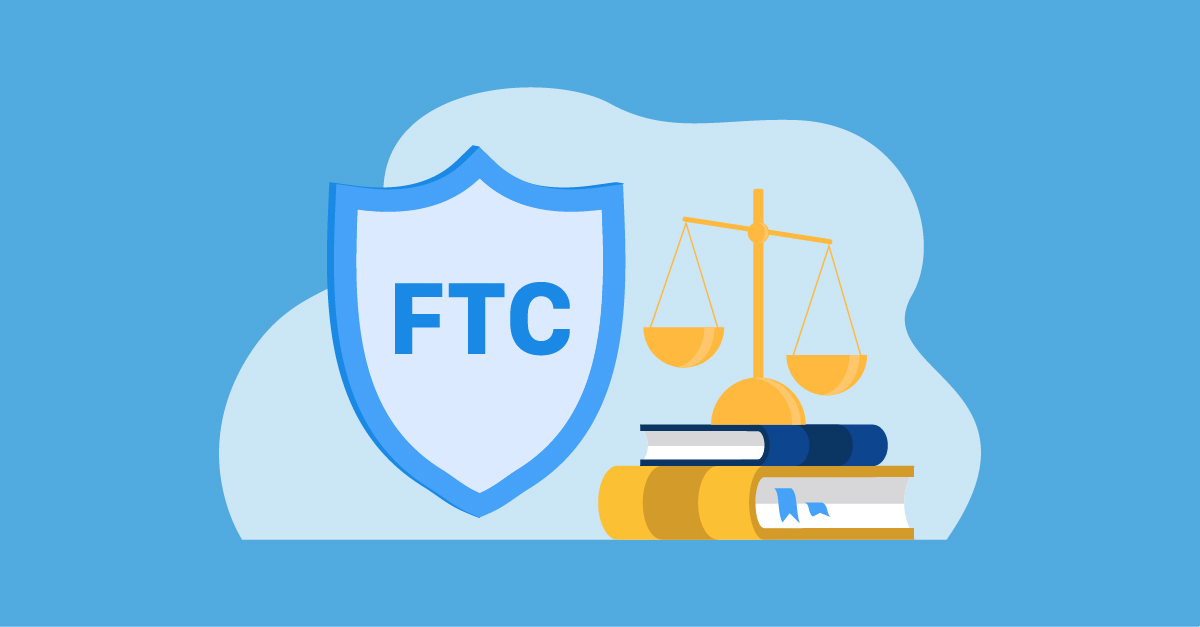In a landmark decision with far-reaching implications for email marketers, the Washington State Supreme Court has ruled that any false or misleading information in the subject line of a commercial email sent to a Washington resident violates the state's Commercial Electronic Mail Act (CEMA). This ruling came from the April 2025 case Brown v. Old Navy, LLC, and it puts a bright spotlight on subject line practices across the email marketing industry.
At LashBack, we’ve long worked with marketers who believe that compliance is more than just honoring opt-outs—it's about transparency, accountability, and trust.
What the Court Said
The Washington Supreme Court held that any deceptive content in an email subject line—even if it doesn’t concern the email’s core purpose—violates CEMA. In the Old Navy case, the subject line inaccurately implied a time-limited promotion. Even though the offer was still valid, the misleading urgency was enough to trigger a CEMA violation.
The Court also clarified that actual harm is not required. If the email violates CEMA, it's also considered a per se violation of the state’s Consumer Protection Act (CPA), exposing senders to statutory damages of $500 per violation—or more if a pattern of violations is shown.
Why This Matters for Email Marketers
This decision puts a new level of scrutiny on subject lines—and possibly beyond. Here's what businesses need to understand:
- Strict Liability: Intent doesn’t matter. If a subject line contains false or misleading information, it’s a violation.
- Geographic Reach: CEMA applies to anyone sending emails to Washington residents—even if the sender operates outside the state.
- No Damage Requirement: Plaintiffs don’t have to prove they were harmed. The violation itself is enough to bring a claim.
- High Volume, High Risk: For high-volume senders, minor mistakes can scale into serious financial and reputational risks.
LashBack’s Take: How to Stay Compliant
Compliance isn't just a legal obligation—it’s a brand asset. Here’s how marketers can protect themselves in this new landscape:
- Audit Your Subject Lines: Make accuracy a priority. Avoid exaggerated urgency, misleading discounts, or vague teaser phrases that could misrepresent the message content.
- Document Claims: Keep clear records of promotions and ensure your creative team has access to accurate information.
- Automate Oversight: Use tools like LashBack’s ComplianceMonitor to detect misleading language and flag non-compliant messaging before it hits inboxes.
- Train Your Teams: Ensure your marketing, legal, and compliance teams are aligned on the new risks this ruling creates.
- Segment Strategically: Consider treating Washington recipients with heightened scrutiny—just as you might already do for California (CCPA) or the EU (GDPR).
Final Thoughts
Washington has drawn a hard line: misleading subject lines are not just bad practice—they're illegal. For businesses relying on email as a primary marketing channel, now is the time to revisit content strategies, audit existing campaigns, and implement safeguards that ensure compliance.
At LashBack, we help businesses navigate the complex intersection of marketing and compliance in email. This ruling confirms that truth in advertising starts in the subject line.
Need help assessing your risk? Reach out to the LashBack team to schedule a proactive audit of your commercial email practices.




